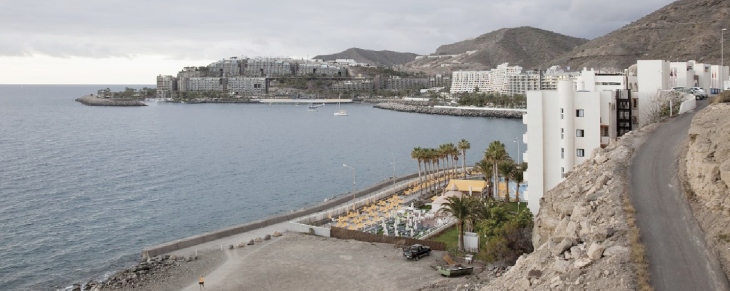MUCCCS
Modelling urban dynamics affected by climate change for coastal spatial planning and management

Foto: Simona Rota
Results
Other coastal urban models
Background
Urbanization processes, expanding on a global scale, are particularly pronounced in coastal zones. Rapid urbanization increases the susceptibility of settlements to coastal hazards such as flooding and erosion resulting from the impacts of waves, tides, storm surges and sea-level rise. Both urban dynamic trends and climate change effects should be considered in coastal vulnerability assessments, as well as urban and coastal spatial planning and management. These planning processes can be efficiently supported by coastal climate services.
Further flood mitigation strategies can include a broad spectrum of short-, mid- and long-term measures, ranging from improved protection of urban coastal regions to relocation of most vulnerable districts in extreme cases. The complexity of the problem calls for the development of comprehensive interdisciplinary modelling tools that might support the elaboration of flood mitigation / urban relocation strategies through `what-if’ simulations of urban dynamics affected by a diverse range of drivers. A family of novel urban dynamic models to be developed will explore how coastal climate services might advise spatial planning in flood-prone areas.
Aims and objectives
General objective:
To support the development of efficient coastal climate services for urban planning and coastal management by applying comprehensive dynamic models adequately reflecting the complexity of urban socio-natural systems.
Specific objectives:
- To develop a family of models of urban dynamics under conditions of coastal hazards based on different modelling paradigms (agent-based modelling, cellular automata, social network analysis, and system dynamics) and to explore the synergies between different modelling approaches
- To explore and assess a portfolio of adaptation scenarios and strategies in the selected coastal case study areas by means of model simulations
- To provide recommendations on the development of coastal climate services for urban areas based on state-of-the-art scientific knowledge and meeting user demands
Project staff
Principal Investigators
Prof. Dr. Jürgen Scheffran, Universität Hamburg
Dr. Laurens M. Bouwer, Climate Service Center Germany (GERICS)
PhD student
Shubhankar Sengupta, Climate Service Center Germany (GERICS)

